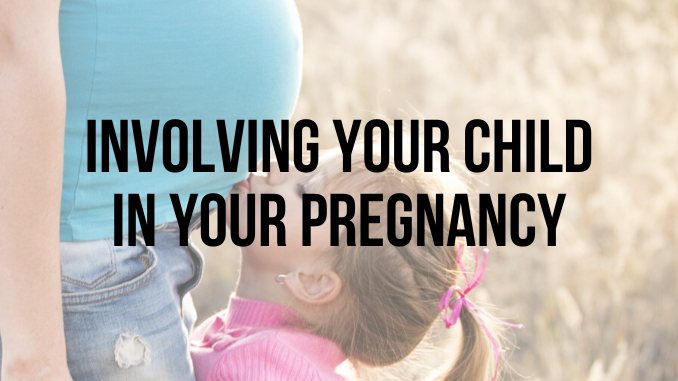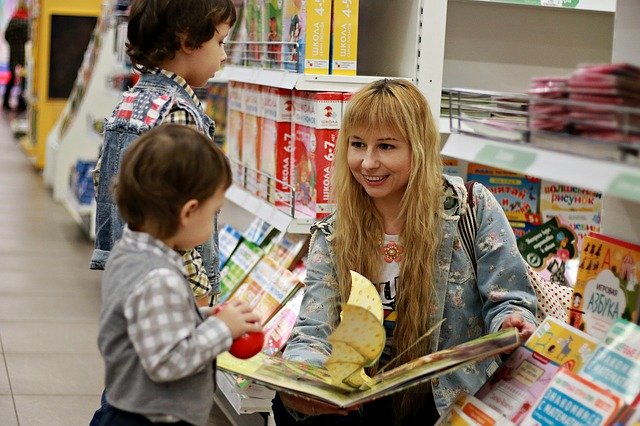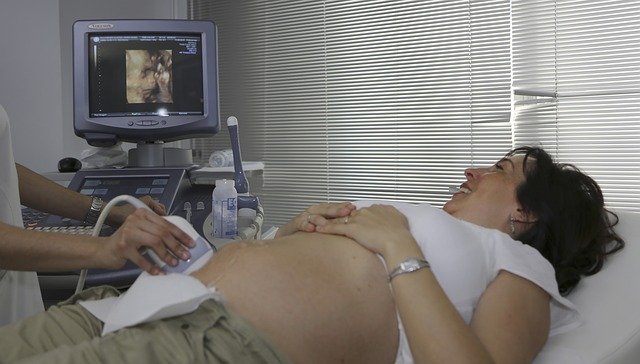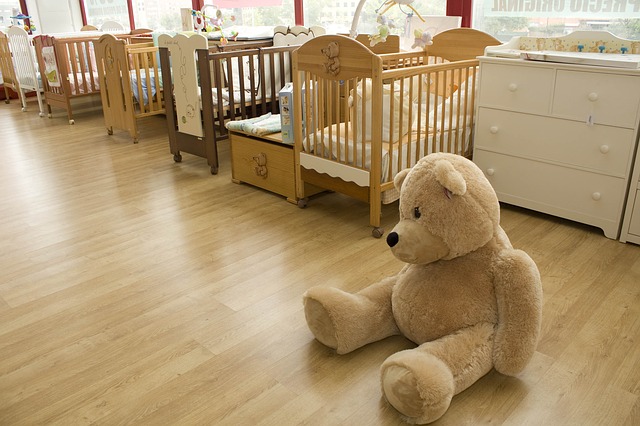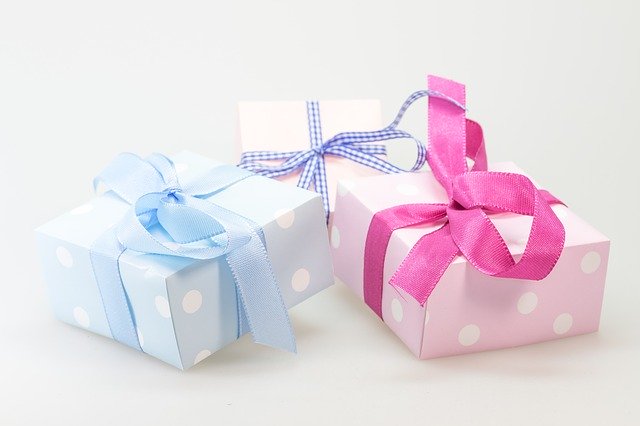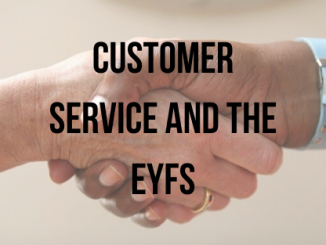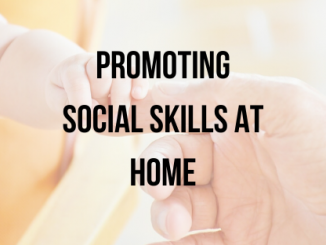Having looked at how Early Years settings and parents can work together to help children in the EYFS with the transition of welcoming a new baby, it is also important to look at ways that children can be involved in pregnancy.
Adding a new baby to the family is a time of mixed emotions for many parents; on the one hand they are thrilled about the new addition and excited for their other children to have a new sibling, but often in equal measure there is guilt and worry that things are about to change and their children’s lives are about to be interrupted. These feelings are completely normal and feelings of guilt often increase when the new baby arrives (Ockwell-Smith, 2019) involving older children throughout pregnancy can help to manage their expectations, and your own.
Talk about the new baby
Talking with children is one way to prepare them for a change. Explain what life may be like, involving the good and the bad parts and listen to and allow your child to ask any questions. Usually honesty is the best policy in answering but be sure to reassure your child that they are still really special to you.
…but not too much!
Be careful however not to let your entire world revolve around the new baby. The idea of a baby is still pretty abstract to most young children, and they may become confused or even upset if the baby is all they hear about.
Read books about new babies
There are plenty of books on the market designed for children about to have a new sibling. Invest in a few or borrow some from the library and read them together a few times, allowing your child to take it all in and process and of course question and discuss anything that arises.
Take a trip down memory lane
Young children love to hear about themselves so dig out their baby book and take a trip down memory lane with them. Show your child photos of themselves and talk about things that they did when they were a small baby, this helps to make the idea of a baby as part of the family a little more concrete by demonstrating that it has happened before!
Meet some babies
If you are not routinely around small babies it can be a very difficult concept for your child to grasp that one will soon be joining their family. If you have friends or family member with small babies then arrange to spend some time with them so that your child can see what a baby actually looks like and how they behave.
Explain your feelings
Pregnancy is tiring and hormones do strange things. If you’re sick or tired then don’t hesitate to explain why, though it may be wise to give a positive spin as well! For example, you might explain “Mum is really tired today because I’m using lots of energy to help this baby grow big and strong”
Take them along to appointments
If your care provider allows it then involve your child in your pregnancy by taking them to your healthcare provider appointments. These appointments may help your child to learn more about what’s going on with your body and understand the changes that are taking place. They may get hear baby’s heartbeat or see the baby moving on an ultrasound.
Let them bond with your bump
Usually by the fifth or sixth month, older children can feel their baby brother or sister move. Allow your child to feel these movements and guess which part of the baby they can feel. Studies show that babies can recognise voices that they heard regularly in the womb so allow your children to talk and sing to your growing baby bump.
Plan together
Take your child to shop with you for baby items, and let them pick out a special toy or outfit for the baby. If you are going to use some of your child’s old baby things, let them play with them a bit before you get them ready for the new baby.
Minimise other transitions
Transitions are difficult for young children so i you can, finish toilet training or switching from a crib to a bed before the baby arrives. If that is not possible, put them off until after the baby is settled in at home. Otherwise, your child may feel overwhelmed by trying to learn new things on top of all the changes caused by the new baby.
Set aside special time for your older child.
Plan a few nice things to do together before the baby arrives whether that’s going out for lunch, visiting the swimming pool or going to watch a special movie together it’s important to spend quality time together and remind your child that they are still very important to you.
The baby brings a gift?
It’s quite a popular idea for a new baby sibling to bring their older sibling a gift at their arrival, and for some children this can be really helpful. Feel free to take the credit for the gift yourself though as most children love receiving special gifts from their parents and it will help to reassure them that you still value them.
References:
Ockwell-Smith, S. (2019) The Second Baby Book: How to cope with pregnancy number two and create a happy home for your firstborn and new arrival. Piatkus

